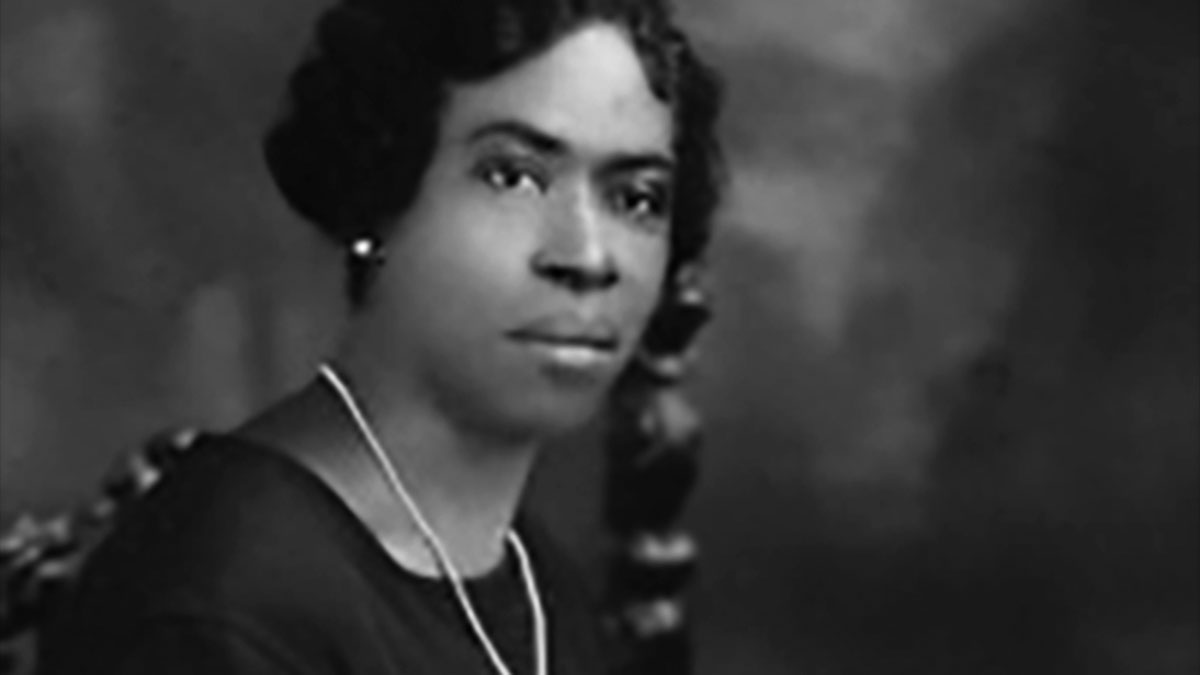
Jan. 2, 1903

President Theodore Roosevelt shut down the post office in Indianola, Mississippi, to take a stand against terror.
In 1891, then-President Benjamin Harrison had appointed educator Minnie Cox, a Mississippi property owner active in the Republican Party, as one of a handful of Black female postmasters. She served her community so well that she installed a telephone at her own expense so that customers could call to see if they had mail.
But then Reconstruction ended, accompanied by a continuing rise in white supremacy and violence.
In 1902, James K. Vardaman, who spewed racist rhetoric while successfully running for governor, insulted both Cox and white citizens for “tolerating” her. He used Cox’s position as proof Black Americans had too much power, demanding that Roosevelt remove her, but the President refused.
When she tried to quit, he refused her resignation and rerouted the mail to nearby Greenville. Days later, she and her family fled from the mob violence, which had already stolen the lives of two Black postmasters in South Carolina and Georgia.
Cox’s saga became a national story on race, and Roosevelt shut down the post office until local citizens would accept Cox as postmaster. That never happened, and when her term expired, Roosevelt appointed her friend, William Martin, in her place in 1904.
Cox and her husband, Wayne, the city’s first Black alderman, finally returned and founded the Delta Penny Savings Bank, the largest Black-owned bank in Mississippi. During those days, the bank sold hundreds of homes to Black citizens, and some of the same white citizens who called for Cox’s resignation now put money in her bank.
Her story echoed the difficulties of many Black Americans, wrestling “with racism and the erosion of democratic rights at every level of government” that led to boycotts and “Buy Black” movements.
She died in 1933, and the Indianola Post Office now bears her name. Mississippi author Steve Yarbrough fictionalized her life in his 2001 novel Visible Spirits.

